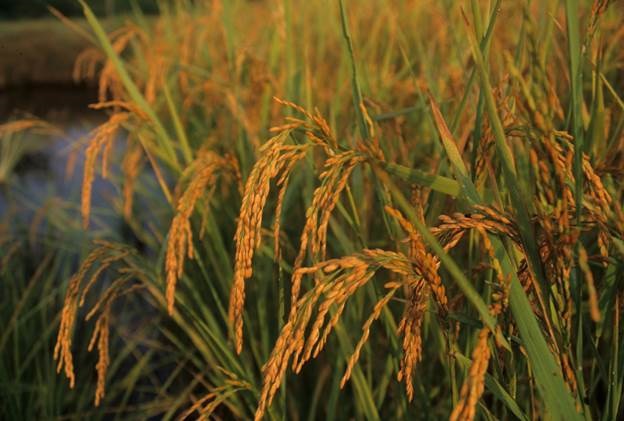Clemson aims to boost organic rice production in salty coastal region

Published: February 1, 2022
Category: Organic News
Developing salt-tolerant rice cultivars is the mission of the Clemson University-led project iCORP (Increasing Coastal Organic Rice Production).
South Carolina’s premier rice, “Carolina Gold”—a culinary staple in Southern regional circles since colonial times—has been in scant supply for years. Its former land has experienced saltwarer intrusion, changing it to marshy wetland unsuitable for agriculture.
Clemson Assistant Professor Brian Ward says the federal grant-supported project has enormous potential. “You’re talking about salt tolerance and climate change. If you’ve been able to impact the world’s food supply on that kind of level, that’s Nobel Peace Prize-type stuff.” Ward recently became president of the Carolina Gold Rice Foundation (CGRF), committed to reviving Southern regional food ingredients.
The grant is part of the Organic Transitions Program funded by the National Institute of Food and Agriculture—focused on improving competitiveness of organic crop producers.
Ward developed Charleston Gold seed—a climate-resilient cultivar similar to Carolina Gold—using organic cultivation. “You can’t grow these old, heirloom grain varieties using modern, conventional, chemical-supplementation methods,” CGRF Chair David Shields said.
Organic rice grown in salty soils has less potential for weed proliferation, reducing labor costs. Ward hopes to completely restore South Carolina’s rice industry to the tune of tens of thousands of acres by boosting organic rice production on salt-impacted lands.
“We want to… create a gradient of rice that can tolerate salt at different levels and produce a different experience of culinary enjoyment,” said Ward.
Source: Clemson University
To view source article, visit:
Organic & Non-GMO Insights February 2022








